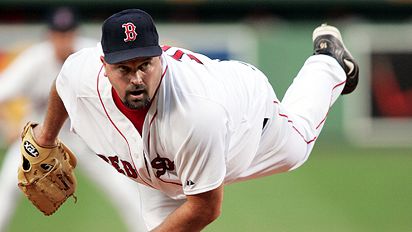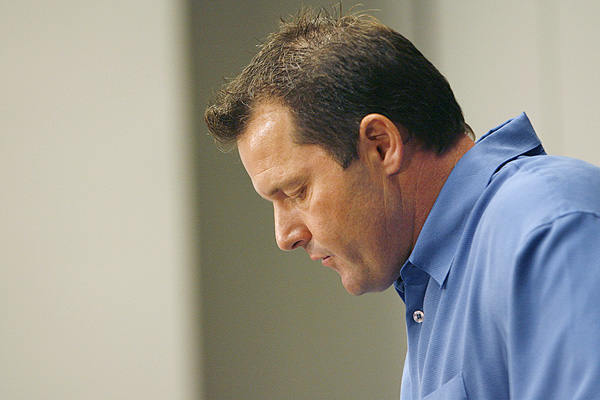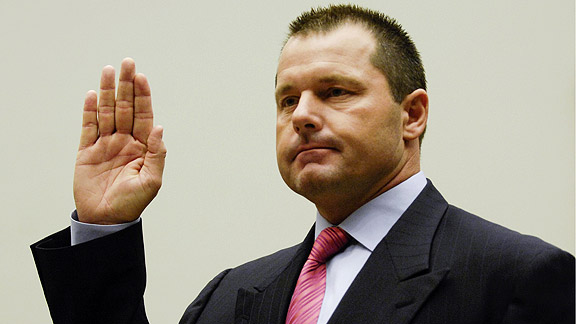Former MLB pitcher David Wells tossed a few high hard ones at Alex Rodriguez and Roger Clemens this past weekend, saying that any player that cheats the game should be banned from baseball after the first offense.
Wells said the home runs that Rodriguez hit during the time he admitted he was on steroids shouldn’t count, including the three he jacked against Wells in 2003. He also questioned Roger Clemens’ veracity on his constant denials that he never juiced, and said all steroids cheats should be banned from baseball after the first offense and have no shot at getting into the Hall of Fame.
“I think that would be great. No 50-game suspension. Ban them right away,” Wells said. “That would stop it in a heartbeat, especially with the money they are giving out today. It would be incredible if they did that. You wouldn’t have to worry about steroids or HGH.”
Why do players abuse steroids? So they can post incredible numbers, assault records, extend their careers, sign big contracts.
“It (stinks) because of the fact that these guys are playing dirty and that’s not fair to the guys who busted their butt all those years to try and stay here and just didn’t have what it took,” Wells said.
If baseball truly wanted to stop player’s use of performance-enhancing drugs, they would take on Wells’ philosophy. No player in their right mind would risk taking steroids if they knew a positive test would result in a lifetime ban from the game. (Well, maybe I shouldn’t suggest that no player would risk using, because I’m sure some nitwit would do it anyway thinking he’d never be caught.)
One thing to note is that MLB wouldn’t be able to make this rule retroactive because if they didn’t think it was important to have a testing policy in place 10 years ago, then they shouldn’t be able to ban a player who admitted using during that time. So guys like A-Rod and Andy Pettitte would be given a free pass for now.
But a lifetime ban would put the responsibility back into the players’ hands – where everything starts anyway. If a player isn’t sure that a supplement or medication will get him banned, he needs to check with a team doctor and have it authorized. That way everyone knows what’s going into these players’ bodies and therefore there wouldn’t be any surprises. And this wouldn’t just help keep the game clean, but it would also show that MLB cares about the players’ long-term health, too. It seems to be a win-win for all parties involved.



